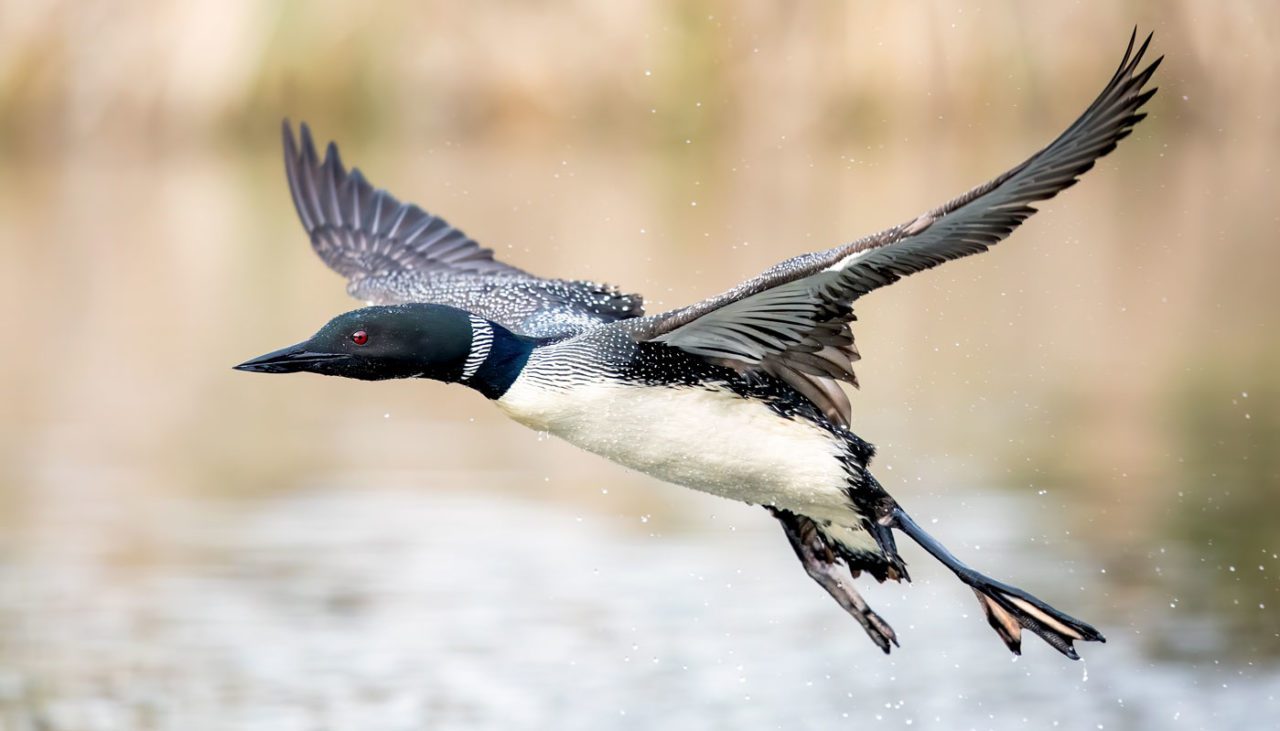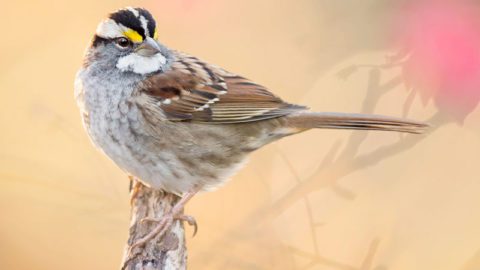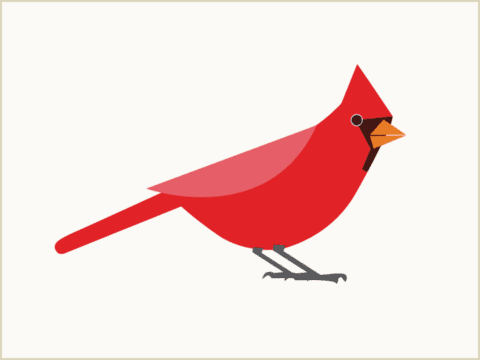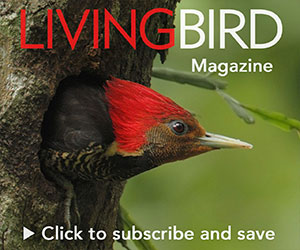View from Sapsucker Woods: Our Science-Driven Mission to Inform Policy
By John W. Fitzpatrick
September 17, 2020
From the Autumn 2020 issue of Living Bird magazine. Subscribe now.
A frequently discussed topic at the Cornell Lab is the extent to which we offer public comments on matters widely regarded as being “political,” and the precise nature of any such comments we make. We debate about this among ourselves, we often place the question before our deeply engaged Administrative Board, and we regularly respond to (sometimes colorful) correspondence about it from our members and financial supporters, who represent all corners of the political spectra.
As we are a science-driven, not-for-profit organization based at a great research university, we do not engage in lobbying and we do not endorse political candidates.
This said, however, we do strive to be an authoritative source for information about birds, biodiversity, ecosystem function, conservation priorities, and biological evidence of global change. Consequently, both our data and our calculated opinions are frequently sought by other nonprofit groups, government agencies, industry, and yes, even by politicians. So, as a mission-driven organization dedicated to providing service to the world and generating impact toward biodiversity conservation, we have an obligation to submit comments to federal agencies during public comment periods, testify in Congress, and participate in public discourse on issues that bear directly on our mission and for which the science is clear and compelling.
This issue of Living Bird provides striking cases in point. Scott Weidensaul’s cover story describes the positive impacts to wildlife from financial penalties paid by industry over the ten years since the Deepwater Horizon oil spill. Those penalties would not have happened without the century-old Migratory Bird Treaty Act and its long history of prohibiting the killing of birds through negligence or failure to mitigate foreseeable risk.
Today, under the current Department of Interior’s unprecedented, narrow interpretation of the MBTA, industry is no longer held liable when birds are killed as a result of otherwise permissible activity. Dr. Amanda Rodewald, the Cornell Lab’s senior conservation scientist, powerfully documents how long-standing interpretations of the MBTA have protected millions of birds by incentivizing industry to take precautionary measures. She concludes that “the science is clear … exclusion of incidental take from the MBTA silences the Act on most sources of mortality for migratory birds.” Our federal government now wants to look the other way when industry fails to implement obvious safeguards against killing birds, and our job as scientists and conservationists is to point this out.
Indeed, our government recently has executed a truly bewildering series of environmental rollbacks that endanger birds and their ecosystems. Therefore, despite the potential for appearing “political,” we felt an obligation to highlight several of these rollbacks that will have deep negative impacts on birds. Also viewed as “political” by many are questions about the morality and ecological defensibility of hunting. Nevertheless, we report on two new studies suggesting that when overpopulations of deer result in the potential for severe ecological damage, deer-hunting should be encouraged, and certain situations demand sustained and substantial deer harvests in order to restore and maintain healthy forest ecosystems.
As evidenced throughout this Annual Report issue of Living Bird, the Cornell Lab strives to make positive impacts for the natural world and for people. We do this through research, formal and informal educational programs, citizen science, and communication. Where we can inform public knowledge, sentiment, or policy through communication based on facts and science, we have an obligation to do so. As always, we welcome your views on whether such expressions risk our being “too political.”

All About Birds
is a free resource
Available for everyone,
funded by donors like you
American Kestrel by Blair Dudeck / Macaulay Library



